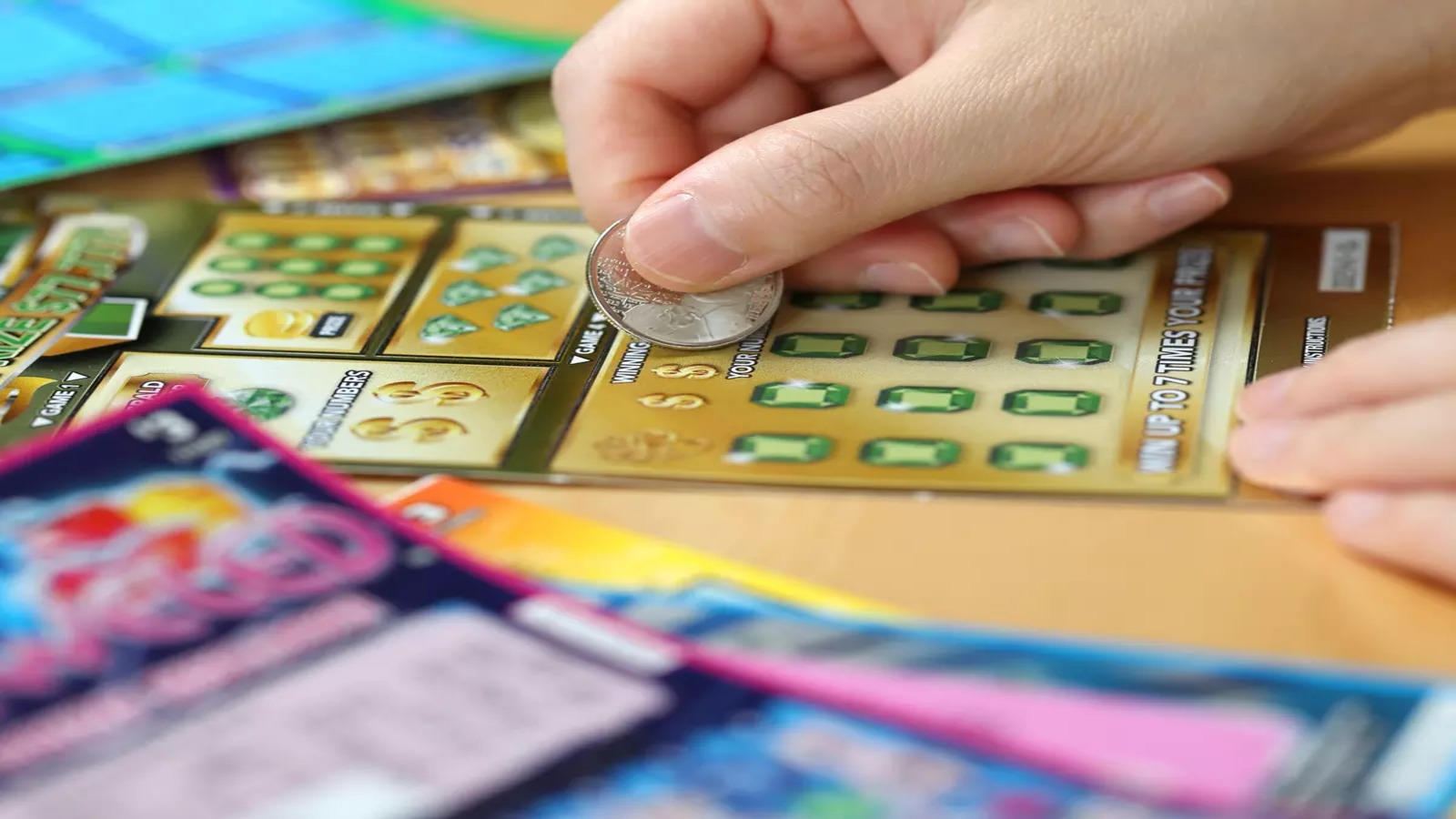Lottery gambling, often seen as a game of chance that offers the tantalizing prospect of overnight wealth, has entrenched itself deeply into the fabric of societies worldwide. From national lotteries promising multimillion-dollar jackpots to scratch-off cards at the corner store, the allure of lottery togel online gambling is undeniable. Yet, beneath the surface of hope and dreams lie complex societal, psychological, and economic implications.
The Temptation of Hope
Lotteries tantalize participants with the promise of a life transformed, a chance to escape financial struggles, and the allure of freedom from everyday worries. It’s a beacon of hope, particularly for those facing economic hardships or dreaming of achieving unattainable goals through a stroke of luck. The simplicity of purchasing a ticket and the accompanying fantasies of what one would do with the winnings make it a compelling draw.
The Reality of the Odds
Despite the hopeful narratives, the odds of winning a major lottery jackpot are exceedingly low. For example, in some cases, the odds can be as low as one in several hundred million. These stark odds are often obscured by the excitement and the often overstated possibilities of winning. This discrepancy can sometimes lead to people developing unrealistic expectations.
Societal Impact
Lotteries, typically run by governments, contribute substantial revenue to state and national budgets, often funding public services such as education and infrastructure. However, there is an ongoing debate about the ethics of governments funding public services through what is essentially a form of gambling, especially when a significant proportion of ticket purchasers are from lower-income brackets.
Psychological Factors
Psychologically, lottery gambling can be a double-edged sword. For some, it provides a brief reprieve from the stresses of life and a source of entertainment. For others, it can become a compulsive behavior that leads to financial difficulties and other problems. The excitement and anticipation of the possibility of winning can be addictive, and for some, the high is difficult to resist.
The Dark Side
The dark side of lottery gambling includes stories of winners whose lives spiral out of control, unable to handle the sudden influx of wealth. Moreover, the disproportionately high participation of low-income individuals raises questions about the fairness and equity of the lottery system.
The Future
As technology evolves, so too does the landscape of lottery gambling. Online lotteries, mobile apps, and instant win games are changing how people engage with lotteries. Additionally, discussions on responsible gambling and consumer protection are gaining prominence.
